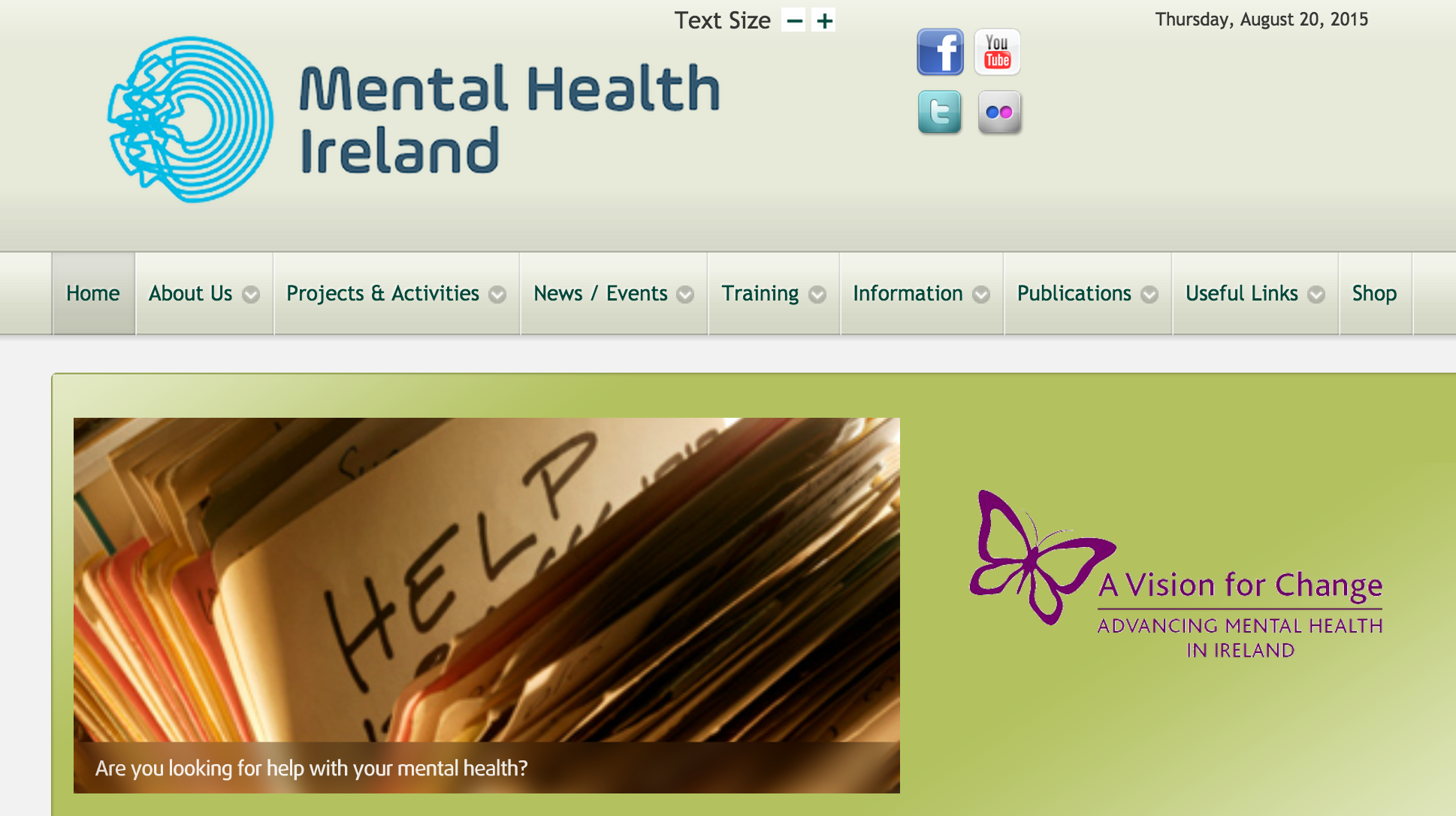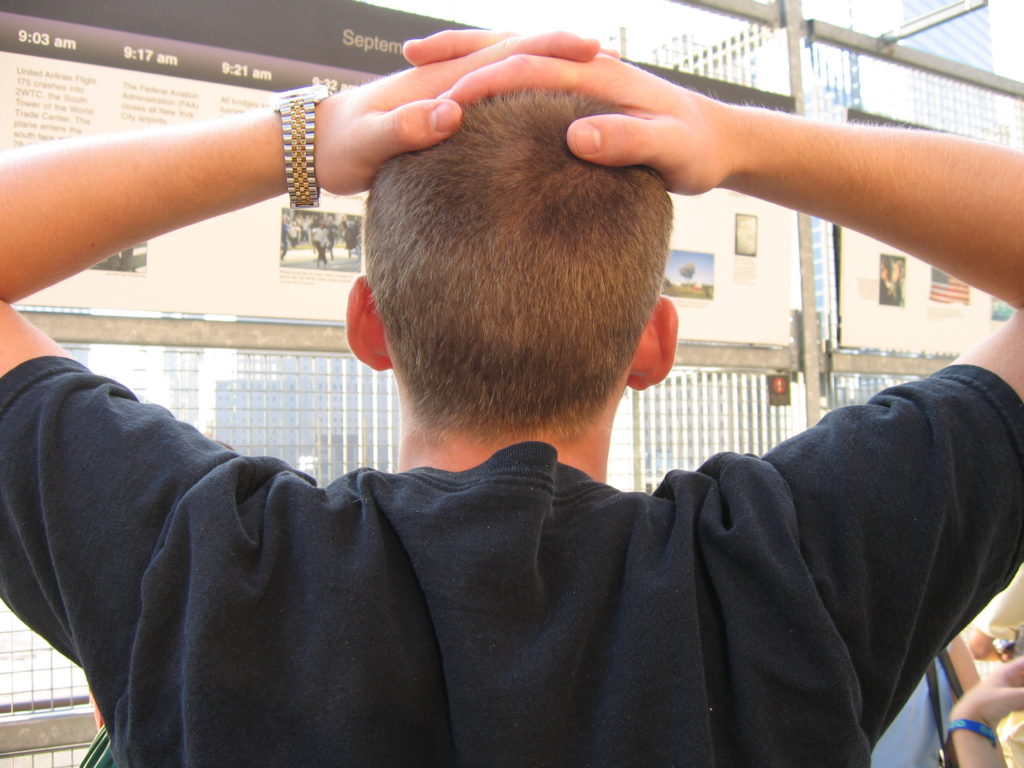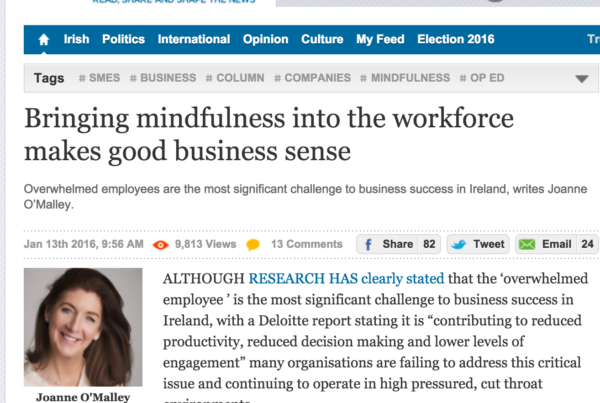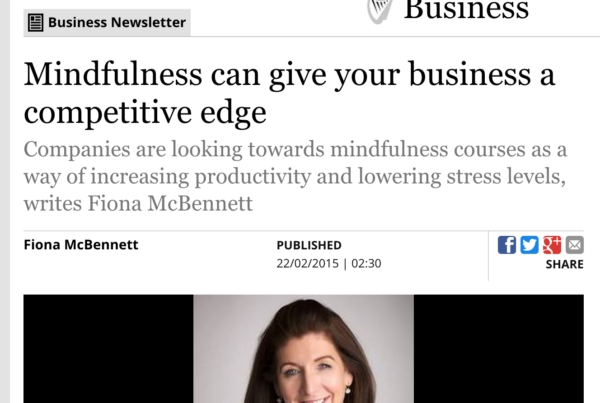‘Man can alter his life simply by altering his attitude’ – William James
Mindfulness Stress Busting Tips by Joanne O’Malley
The world teaches us to focus on externals; we end up accepting the popular belief that STRESS is caused by events, circumstances and other people outside our control. This is misleading and encourages us to search outside of ourselves for solutions when what we need to do is develop our inner resources to support our wellbeing.
Lower down are some Stress Busting Tips to help you!
The truth is that our ‘state of mind’, the way we interpret and translate externals in our inner experience is really what determines whether we are happy or miserable. That interpretation is a result of what we bring to the moment, our ‘presence’ or the inner resources we have available to meet each moment of our lives.
What is Mindfulness?
Paying attention on purpose in the present moment, without making judgements, Jon Kabat-Zinn
Mindfulness or being ‘Present’ and ‘Aware’ cultivates a way of being that builds people’s inner resources, their mind & heart fitness. The practice helps us to be in control of our own minds and mental / emotional stats, instead of our minds/ automatic reactions being in control of us. So, instead of ‘having our buttons pushed’ and ‘reacting’ unconsciously to ongoing events, circumstances and other people we learn to stay in moment-by-moment experience more fully rather than our typical patterns of fight / flight / resistance.
When we engage with our life in this way, bringing calm and alert attention to each moment, change naturally occurs. We are freer, less imprisoned by automatic conditioned reactions; able to see and understand more deeply what is actually happening and this opens up space and choices.
Why Mindfulness?
We have all had glimpses of great clarity when life was fresh, vivid and intimate.
That may have been just by looking at a sunrise or the light reflecting on water or when we were ‘in love’ or ‘in nature’. These are moments of mindfulness. The daily cultivation of Mindfulness practice offers us the capacity to be more available to such beautiful moments on a regular basis.
Scientific Research attests to the value of Mindfulness
There is a universal consensus that Mindfulness Meditation enhances brain function and can even alter the structure of the brain. Results from widespread research studies have been dramatic and showed huge increases in the area associated with positive emotion, joy, a sense of enthusiasm and decreases of activity in the area associated with depression, rumination, excessive self concern as well as strongly reduced activity in the areas associated with fear and anger. The ability to maintain attention is vastly increased. Results even for short term mediators (after an 8 week course) show big benefits in terms of anxiety, optimism and wellbeing, a boosted immune system, ageing and stress levels.
Mindfulness requires practice – a lot like gardening
Mindfulness is experiential, rather than theoretical so the effort comes in the development of a practice. First, you have to clear the weeds and prepare the ground. Then you dig and fertilise the soil. Then you plant the seed, ensure it is watered and nourished and wait patiently to see what happens. 
Mindfulness Stress Busting Tips
1. Physically worn down – Move your body, rest and practice a body scan
Our muscles naturally contract when we are under stress. We can carry so much tension and constriction in our bodies and much illness and disease results from these physical blocks. Throughout the day, you can interrupt the accumulation of stress by breathing slowly and:
- Doing a few Shoulder Rolls in both directions; and then shrugging your shoulders
- Starting at the temples, massage your head, right down to the back of your neck
- Using palms and fingertips, gently tapping your face and slapping all of your body
- Shaking each arm and leg individually for ten seconds, then consciously letting go
- Stretching side to side with both arms in the air, then dropping your hands and bending towards the floor as far as you can with knees slightly bent. Sway gently side to side before rising slowly one vertebra at a time with the back and head.
Mindfulness emphasises the need to develop greater sensitivity and connection to our bodies and to allow them to rest deeply. When your body is at ease, your mind will also be at peace.
2. Distracted & scattered Breathe
Practice deep abdominal breathing in times of stress. Bring the palm of the right hand to rest gently on the lower belly. Giving attention to a particular body part often helps the breath to reach there. Notice the rise of the abdomen with the inbreath and the fall of the abdomen on the outbreath. Rest your full attention here to anchor your mind and bring you into the present. Focusing on your breathing steadies your attention so you’re not as easily pulled away by distractions or internal chatter.
3. Upset & agitated Go for a walk, exercise
Sometimes, when you agitated and unable to settle going for a walk or doing some mindful stretching / exercise is one of the simplest ways to take care of your mental and physical wellbeing. The physical sensation of walking can make you feel more ‘grounded’. The focus is on maintaining moment-to-moment awareness of the sensations of movement, letting go of thoughts or feelings about the sensations themselves. Our bodies are anchored in the here and now, while our minds all too easily ricochet between the past and future. Click here to read some Tips for Mindful Walking.
4. Critical self talk Acceptance and practice self compassion
Much of the stress we experience comes from our own harsh self judgement because we are not as we would like ourselves to be. Accepting oneself and one’s experience means simply allowing space for whatever is going on, rather than resisting it or trying to create some other state. In acceptance, we settle back and just let things be as they are, just being present with what is. We give ourselves kindness, comfort and compassion just because we are low, as you would a good friend; remembering that everyone feels inadequate in some way, everyone makes mistakes, everyone fails, this is the human condition.
5. Anxious & worried Acknowledge the feeling & share with a friend
As you learn to stay present with direct experience (what you see, hear, taste, touch, smell) you will become more at ease and less driven by the thoughts / feelings / worries that constantly arise within you. You can notice the internal disquiet, just like you notice the weather change, acknowledging it but not clinging to it, realising that you are more than your emotions. You may decide to see a friend, share your concerns, accept some help and support or just have a good laugh.
6. Impatient with lack of progress Focus on direct experience
Whatever you are doing, give ‘the doing’ your full attention. Forget multitasking, it’s inefficient and stressful. Notice your body moving, focus on yourself as part of the environment (aware of sounds around, feet on floor). See if you can notice mental chatter and try not to take it personally, that’s what the mind does just as the ocean waves. Move away from ‘thinking’ about life towards ‘experiencing’ it directly.
7. Annoyed by difficult interactions Listen with all of your body
Really listen to the sound and tone of the other person’s voice (and your own), see their body language(and your own), feel the atmosphere(between you both), be aware of your own reaction and see if you can remain open / non judgemental and consider what might cause them pain.
8. Rushing & Racing Slow down, notice how your body feels
Plan your day so you can prioritise what is most important. Start a little earlier and choose not to rush so you can cultivate being calm, relaxed and at ease. Notice when you are rushing? Move a little slower and pay more attention to your movements and how your body feels, consciously letting go of tension, tightness regularly.
9. Weighted down by too many pressures Nurture yourself
Often, when we are busy or under pressure, we give up the things that replenish us. The fun stuff, meditation, exercise, rest and relaxation. We put our heads down and try to get more done until we are increasingly depleted and unable to deal skilfully with the challenges of life. Why not make a list of your daily activities; ask yourself what increases your sense of being alive and present rather than just existing? This way you can be more mindful of what you actually do with your time from one moment to the next. By being present in more of our moments and making mindful decisions about what we really need in each of those moments, mindfulness becomes a lived reality.
10. Lost your excitement for life Beginners mind & savour each moment
A child has an incessant curiosity with everything it experiences. As we grow, we often loose that freshness and zone out. When we believe (wrongly) that we know everything there is to know about something the experiences no longer register with us. We experience life on autopilot and it becomes dull and bland. Events and our thoughts, feelings and sensations, of which we are only dimly aware can trigger low moods / negative habitual patterns / or stress symptoms. Mindfulness asks us to slow down and experience each moment from a beginners’ mindset so we stay engaged in the unfolding of our experience; really seeing what there is to be seen, really hearing what sounds / silence is to be heard. When we are eating, we tune into really tasting, seeing, smelling and appreciating our food more fully. Whatever we are doing, being aware of where we are, allowing ourselves to BE where and AS we are.
“Mindfulness wakes us up to the fact that our lives unfold only in moments. If we are not fully present for many of those moments, we may not only miss what is most valuable in our lives but also fail to realise the richness and the depth of our possibilities for growth and transformation.” Kabat-Zinn
Hope you enjoy these Mindfulness Stress Busting Tips and consider…
Maybe, it’s time to cultivate your inner resources, to nurture what is fundamental?
“Helpful, open, inspiring, encouraging … this course has given me hope and a feeling of peace and calm. It has altered my perspective on so much, how I view myself / others / and situations. I like the person I am becoming when I am cultivating mindfulness. Joanne is a wonderful facilitator, warm, empathetic… just perfect!” Beatrice
This article was written by Joanne O’Malley, Mindfulness at Work for Mental Health Ireland’s Summer 2013 Newsletter (Mensana News).

